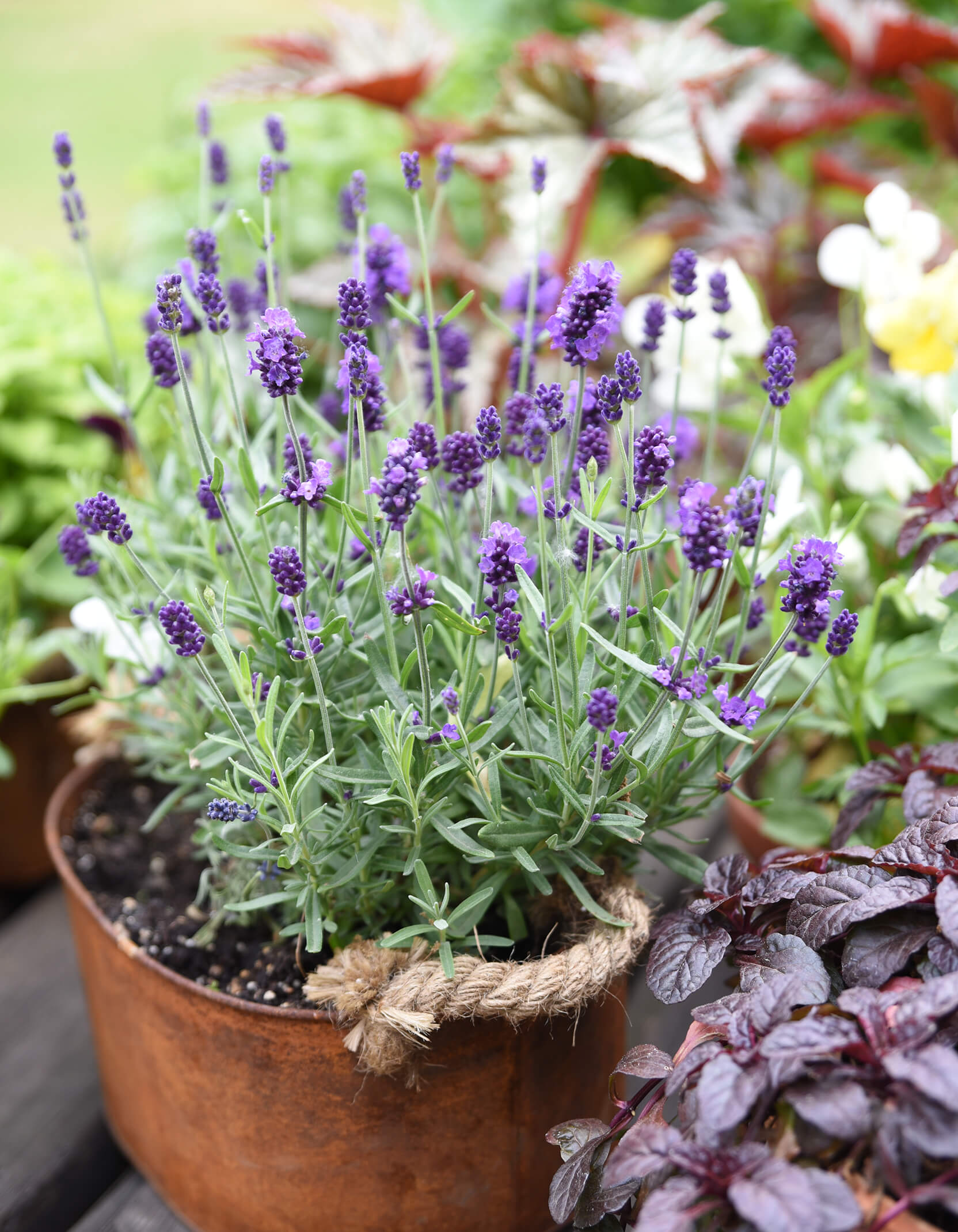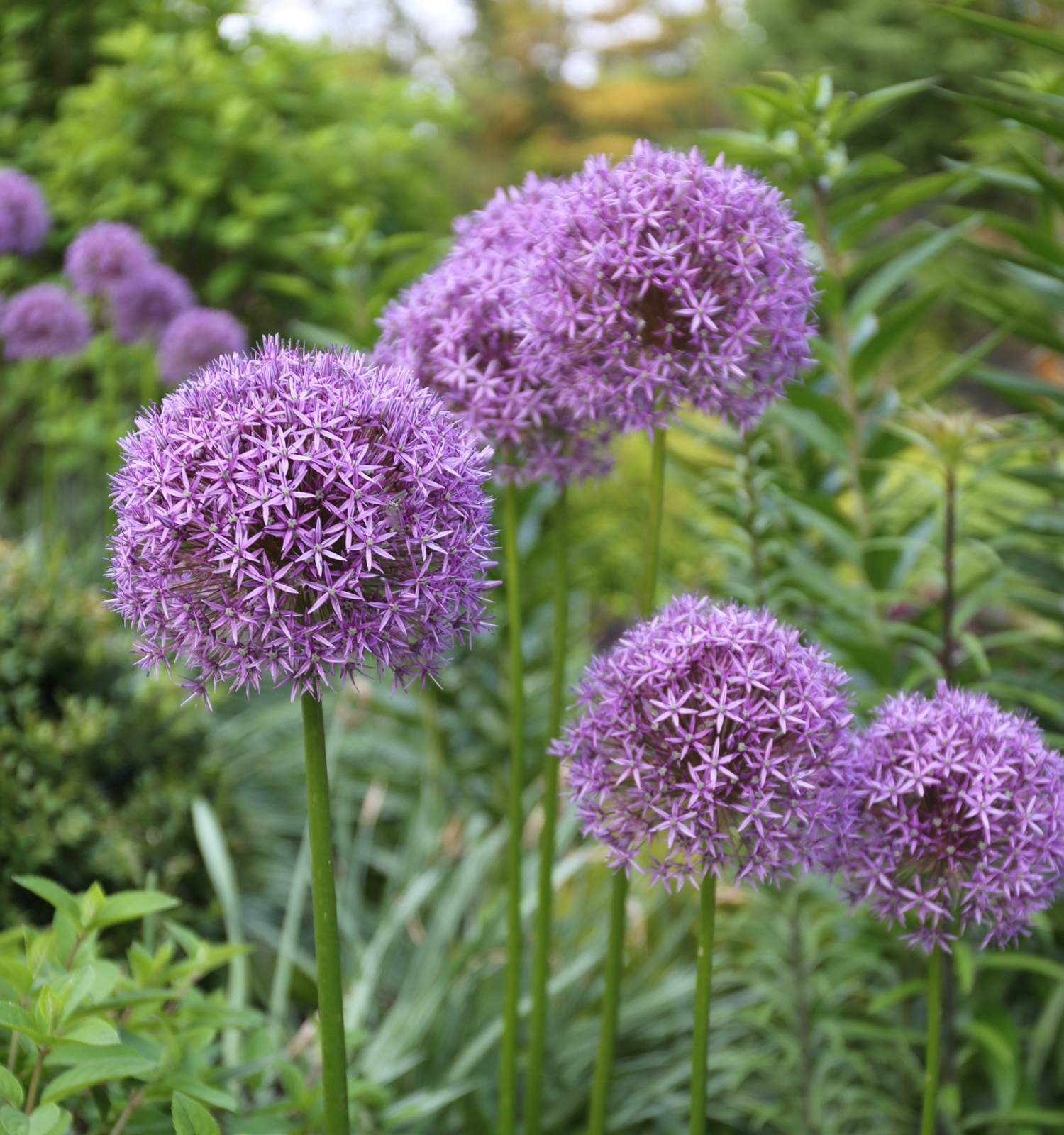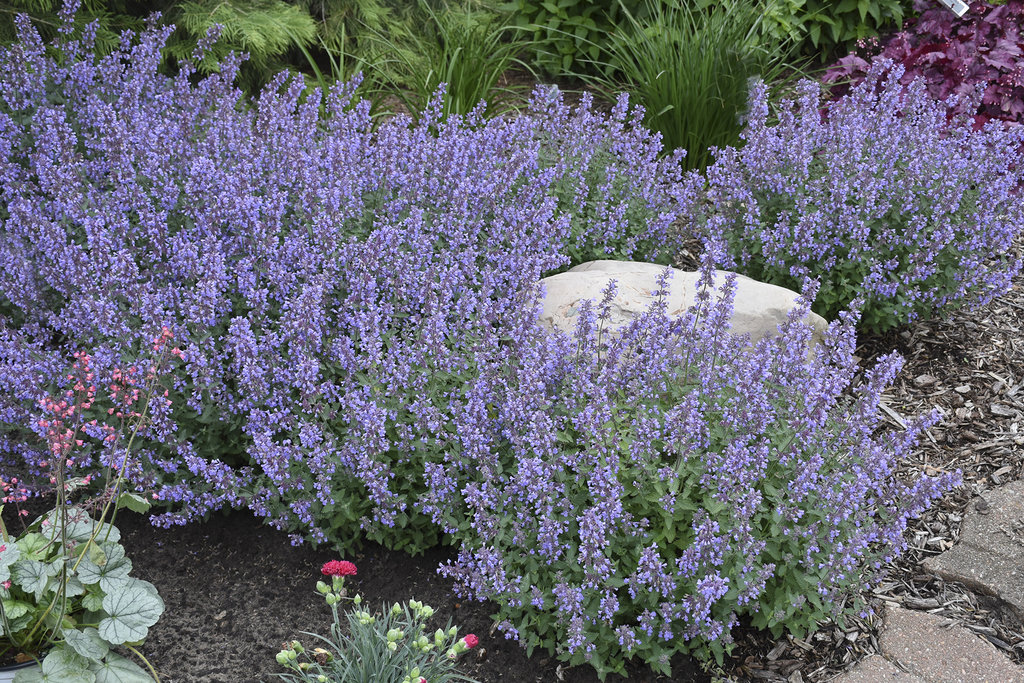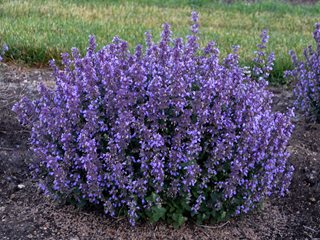The Best Companion Plants For Roses
Title: The Best Companion Plants for Roses
Introduction:
Roses are a beautiful and popular flower, but they can be susceptible to pests and diseases. Companion planting is a great way to help protect your roses and improve their overall health. Companion plants are those that are planted near each other and benefit each other in some way. There are many different companion plants that can be grown with roses, but some of the best include:
- Alliums: Alliums, such as garlic, onions, and chives, have a strong scent that deters pests. They can also help to improve the drainage of the soil around your roses.
- Marigolds: Marigolds are another great companion plant for roses. They attract beneficial insects, such as ladybugs and lacewings, which help to control pests. Marigolds also help to suppress soil-borne diseases.

- Lavender: Lavender has a strong scent that deters pests and also helps to attract pollinators. It can also help to improve the drainage of the soil around your roses.
- Yarrow: Yarrow is a hardy perennial that can help to repel pests and diseases. It also attracts pollinators and helps to improve the drainage of the soil around your roses.
- Catmint: Catmint is a low-growing, drought-tolerant plant that attracts pollinators. It also helps to repel pests and diseases.
- Feverfew: Feverfew is a flowering plant that is known for its medicinal properties. It can help to repel pests and diseases, and it also attracts pollinators.

Main Content:
In addition to the plants listed above, there are many other companion plants that can be grown with roses. Some other good options include:
- Agastache: Agastache is a tall, flowering plant that attracts pollinators. It also helps to repel pests and diseases.
- Coreopsis: Coreopsis is a daisy-like flower that attracts pollinators. It is also drought-tolerant and easy to care for.

- Salvia: Salvia is a genus of flowering plants that includes many different species. Some of the best salvias for companion planting with roses include Salvia officinalis (sage), Salvia nemorosa (purple sage), and Salvia greggii (autumn sage).
- Nepeta: Nepeta is a genus of flowering plants that includes catmint. Other popular Nepeta species for companion planting with roses include Nepeta x faassenii (catmint) and Nepeta grandiflora (giant catmint).
- Thyme: Thyme is a popular herb that can also be grown as a companion plant for roses. It helps to repel pests and diseases, and it also attracts pollinators.
Conclusion:
Companion planting is a great way to help protect your roses and improve their overall health. By planting the right companion plants near your roses, you can help to deter pests, diseases, and even improve the drainage of the soil. So if you're looking for a way to help your roses thrive, consider companion planting.
Roses are beautiful flowers, but they can be susceptible to pests and diseases. Companion planting is a great way to help keep your roses healthy and pest-free. There are many different plants that can be good companions for roses, including:
- Marigolds: Marigolds help to repel aphids, nematodes, and other pests.
- Alliums: Alliums, such as garlic and chives, help to deter pests and diseases.
- Herbs: Herbs, such as lavender, thyme, and rosemary, help to attract beneficial insects and pollinators.
- Low-growing flowers: Low-growing flowers, such as pansies and violas, help to suppress weeds and shade the soil, which helps to keep rose roots cool.
For more information about good companion plants for roses, visit Home Gardening.
FAQ of good companion plants for roses
What are good companion plants for roses?
There are many good companion plants for roses, but some of the most popular include:
- Lavender: Lavender is a classic companion plant for roses, and for good reason. It helps to repel pests, such as aphids and Japanese beetles, and it also helps to improve the fragrance of roses.

- Marigolds: Marigolds are another great companion plant for roses. They help to repel nematodes, which can damage rose roots, and they also attract beneficial insects, such as ladybugs, which help to control pests.

- Alliums: Alliums, such as chives, garlic, and onions, help to repel aphids, spider mites, and other pests. They also help to improve the drainage of the soil around roses, which can help to prevent root rot.

- Catmint: Catmint is a low-growing plant that helps to suppress weeds and attract pollinators. It also has a pleasant fragrance that can help to mask the scent of roses, which can attract pests.

- Nepeta: Nepeta is another low-growing plant that helps to suppress weeds and attract pollinators. It also has a strong fragrance that can help to repel pests.

What are the benefits of planting companion plants with roses?
There are many benefits to planting companion plants with roses, including:
- Improved pest control: Companion plants can help to repel pests, such as aphids, Japanese beetles, and nematodes. This can help to reduce the amount of pesticides that you need to use on your roses.
- Improved pollination: Companion plants can attract pollinators, such as bees and butterflies. This can help to improve the pollination of your roses, which can lead to more blooms.
- Improved soil health: Companion plants can help to improve the drainage and aeration of the soil around roses. This can help to prevent root rot and other problems.
- Enhanced appearance: Companion plants can help to add color and interest to your rose garden. They can also help to fill in the spaces between roses and create a more visually appealing display.
What are some things to consider when choosing companion plants for roses?
When choosing companion plants for roses, there are a few things to keep in mind:
- Planting height: Companion plants should be planted at a similar height to roses. This will help to create a balanced and attractive display.
- Sunlight requirements: Companion plants should have similar sunlight requirements to roses. This will help to ensure that both plants thrive in the same conditions.
- Soil type: Companion plants should have similar soil requirements to roses. This will help to prevent one plant from outcompeting the other.
- Pest and disease resistance: Companion plants should be resistant to the same pests and diseases as roses. This will help to reduce the risk of both plants being affected by pests or diseases.

Post a Comment for "The Best Companion Plants For Roses"